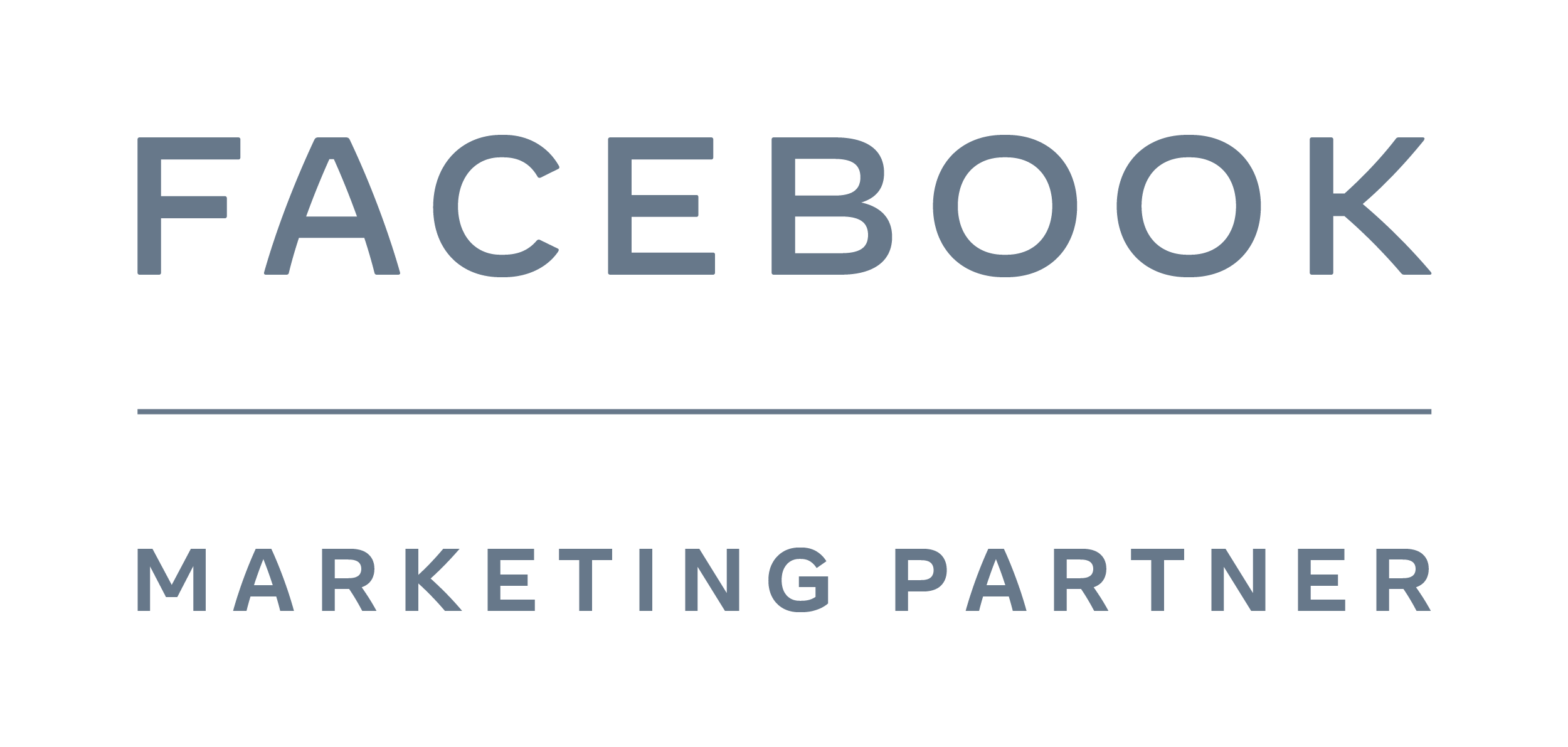Clicks, Conversions, Clients Course > Module 8: Adv. Campaign Segmentation
LESSON DETAILS
[accessally_icon post_id="1924"]
[progressally_progress_text post_id="1924"]
LESSON PROGRESS:
COURSE PROGRESS:
LESSON OVERVIEW
Video 09: The Ultimate Ad Set
- The ultimate ad set. What is the ultimate ad set? It's blending and bundling together all the best performing audiences. You have to create the standard audience you're going to use with your base and best performing ads. Here's what let's look at an example here. I have an account which I'm gonna open up right now, where anytime you see something that says blended, what that means is we took the best performing ads and best-performing audiences bundled them together and ran them at a higher budget. For example, this specific campaign is running 3% lookalikes and it's using the 3% lookalikes that performed best through all testing.
- As you can see, $31 a purchase average row as 4.85, this is an e-commerce example. Let's take it a step further. In this account, we had bundled together audiences that generated leads and put them in their campaigns. We separated these audiences because some were lookalikes of 1 to 2%. Some were even interest-based. Audiences bundled them all together into one campaign. And it's almost like having one singular ad set because it's a CBO. Whereas the other example, we blended all similar audiences cause they were all 3% into one ad set. So you could see as the ultimate ads, that concept is essentially taking your best performing stuff, putting them all in one campaign. If it's a CBO and running at a high budget, or if they're all similar in audience size, meaning like all 1%, all 3%, or maybe they're all interested, you'd bundle them all together, put your best performing ads in that audience and run it at a high budget.
- Here's another example. In this account, these are all the interests in a field of study and employer associations and even schools Federation. So on and so forth, all bundled together. All of them with the best performing ads that we've ever run that have been running consistently over and over. And these costs per leads are people who've generated phones cause that's the cost per call. And so when we bundle them all together and put them all into one campaign it's highly effective, especially when you're spending $500 a day. Another example you can see here, we just bundled together our best performing interests. Boom. There it is two ads. One's a 15-second ad and the other one's a 62nd ad, bundling it together. It's the ultimate campaign with the best performing ads.
- Here's another example. Once again, five best-performing images and five best-performing audiences with the best performing images or copy combinations all into one campaign, high budget set, let it run. So in reality, this is five ad sets in one campaign, but at a high budget, if we did it in the ABO setup, it would be a high budget per audience with the best performing ads within it. By doing this, you have the highest probability of scale. This is after all your testing, this is after all the segmentation you've done. This is essentially how you're taking accounts from 500 a day to 2,500 a day to $5,000 a day.
- You've already done the initial testing, whether your audiences start at $25 a day or 50 a day or a hundred a day. You're now picking apart what's done well over the last couple of months and bundling them together, putting all the audiences together, removing as much overlap as possible by doing them one at a time. You're running high budgets and you're able to scale. That's the ultimate ad set. That's the ultimate campaign. And by now, if you've gone through a lot of this course, you could see with all the testing you've done. This is where you want to be. This is when you start to get to the point of the scale. And this is when you get to have the most fun.
LESSON DOWNLOADS
DOWNLOAD TRANSCRIPT
"Right-Click" the button below and select "Save link as..." to download this lesson's transcript in PDF format.
DOWNLOAD AUDIO
"Right-Click" the button below and select "Save link as..." to download this lesson's audio file in MP3 format.
LESSON TRANSCRIPT
David
(00:01):
The ultimate ad set. What is the ultimate ad set? A lot of people, they have no idea what I mean by the ultimate ad set. And I'm going to make it very simple. It's blending and bundling together all the best performing audiences. You have to create the standard audience you're going to use with your base and best performing ads. Here's what let's look at an example here. I have an account which I'm gonna open up for you right now, where anytime you see something that says blended, what that means is we took the best performing ads and best performing audiences bundled them together and ran at a higher budget. For example, this specific campaign is running 3% lookalikes and it's using the 3% lookalikes that performed best through all testing. As you can see customers purchase event 80 180 days, 90 days, a Facebook audience and a pixel off all three percents, all did really well.
David (01:00):
Testing bundled together and we're running an ad to it. And as you can see, $31 a purchase average row as 4.85, this is an e-commerce example. Let's take it a step further. In this account, we had bundled together audiences that generated leads and put them in their own campaigns. And here's the funny thing. We separated these audiences because some were lookalikes of one to 2%. Some were 1%. Some were even interest based. Audiences bundled them all together into one campaign. And it's almost like having one singular ad set because it's a CBO. Whereas the other example, we blended all similar audiences cause they were all 3% into one ad set. So you could see like the ultimate ads, that concept is essentially taking your best performing stuff, putting them all in one campaign. If it's a CBO and running at a high budget, or if they're all similar in audience size, meaning like all 1%, all 3%, or maybe they're all interested, you'd bundle them all together, put your best performing ads in that audience and run it at a high budget.
David (02:02):
Here's another example. And this account, these are all the interests pertaining to field of study and employer associations and even schools Federation. So on and so forth, all bundled together. All of them with the three best performing ads that we've ever run actually more than three because this account has been running ads for so long, but it's three ads that have been running consistently over and over. And these costs per leads are actually people who've generated phones cause that's the cost per call. And so when we bundle them all together and put them all into one campaign it's highly effective, especially when you're spending $500 a day. Another example you can see here, we just bundled together our best performing interests. Boom. There it is two ads. One's a 15 second ad and the other one's a 62nd ad, bundling it together. It's the ultimate in this case campaign with it's one ad set with its best performing ads and going from there.
David (03:02):
Here's another example. Once again, five best performing image is a five best performing audiences with the best performing images or copy combinations all into one campaign, high budget set, let it run. So in reality, this is five ad sets in one campaign, but at a high budget, if we did it in the ABO setup, it'd be high budget per audience with the best performing ads within it. So you could see that's the ultimate ad set. Essentially. It could be the ultimate campaign. And by doing this, you have the highest probability of scale. This is after all your testing, this is after all the segmentation you've done. This is essentially how you're taking accounts from 500 a day to 2,500 a day to $5,000 a day. Very, very quickly in spend because you've already done the initial testing, whether your audiences start at $25 a day or 50 a day or a hundred a day, and you've tested all these images and videos and copy, you're now picking apart.
David (04:00):
What's done well over the last three, six, nine, 12
months, bundling it together, putting all the audiences together, removing as
much overlap as possible by doing them one at a time. And now you're running
high budgets and you're able to scale. That's the ultimate ad set. That's the
ultimate campaign. And by now, if you've gone through a lot of this course, you
could see with all the testing you've done. This is where you want to be. This
is when you start to get to the point of scale. And this is when you get to
have the most fun.




